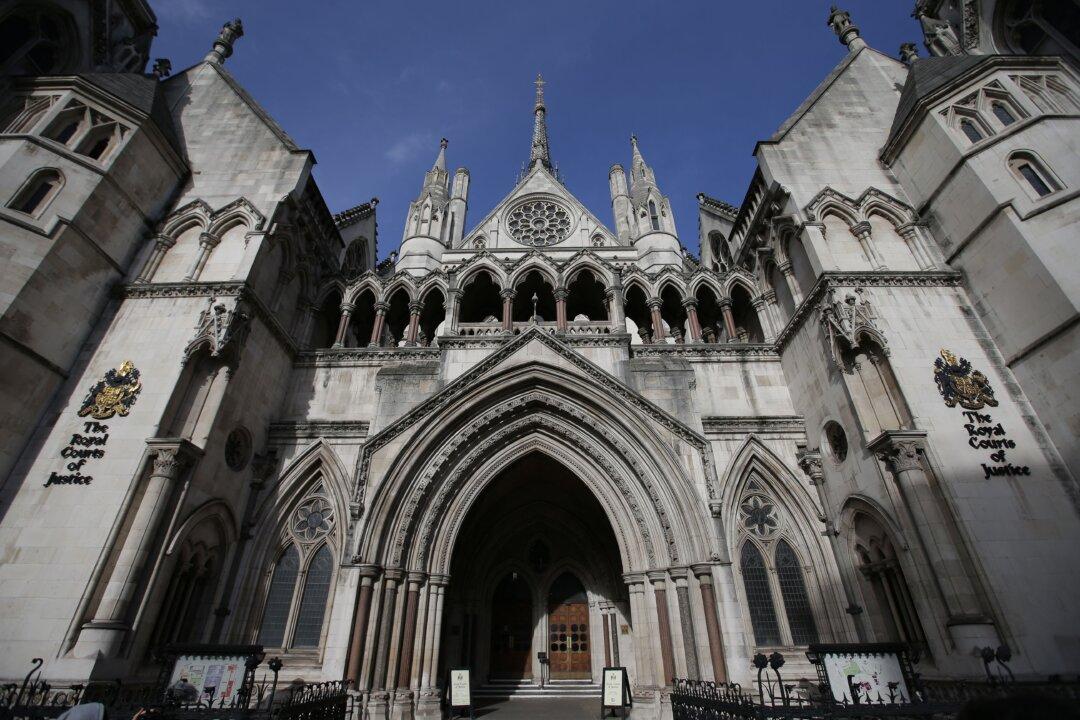Civil servants can’t boycott the government’s deportation orders on the ground that they contradict international law, the High Court ruled on Friday.
The court dismissed a legal challenge against government guidance on Rishi Sunak’s flagship Rwanda deportation policy hours after the prime minister conceded election defeat.





